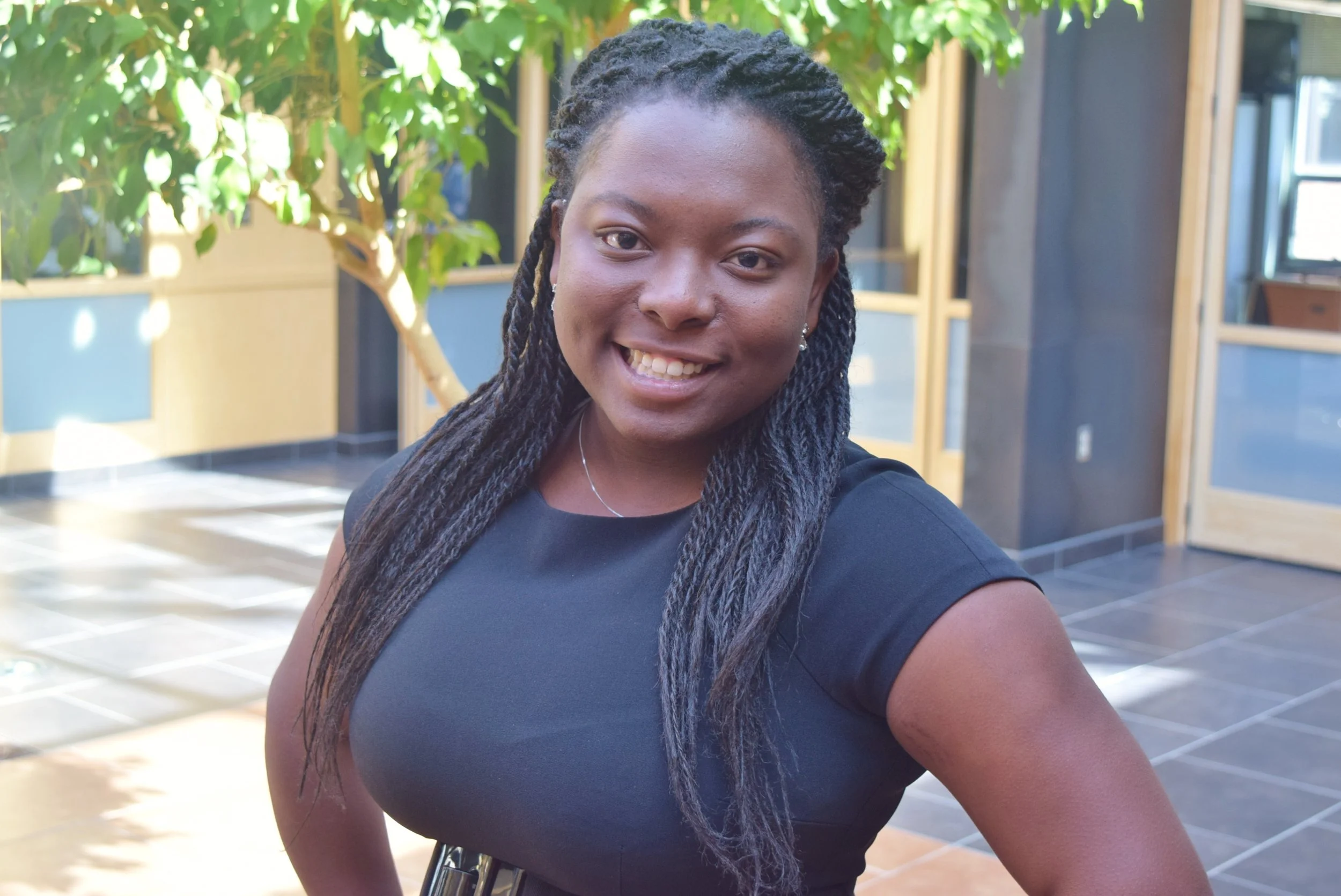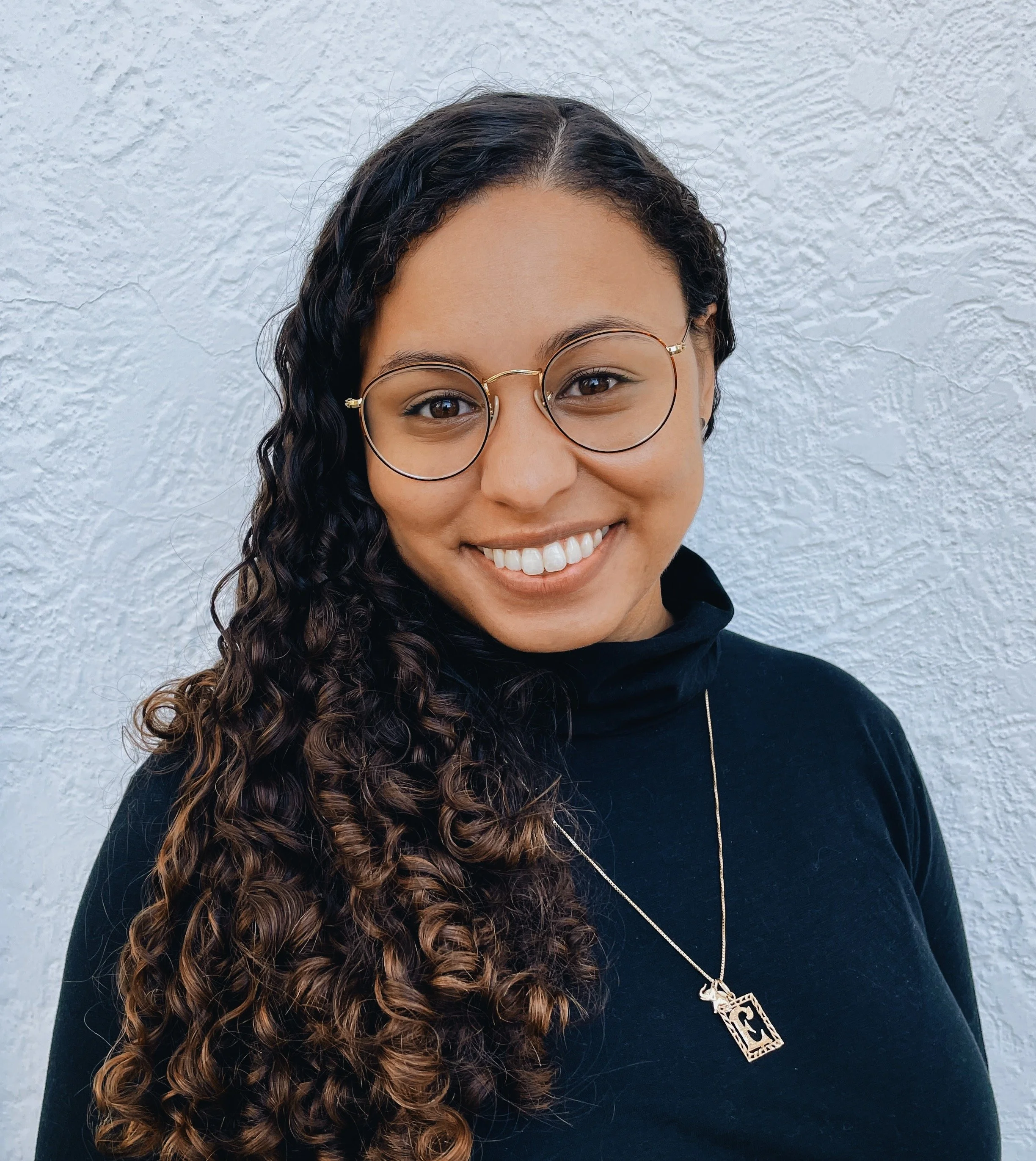
DISCO Faculty 2021-2024
-
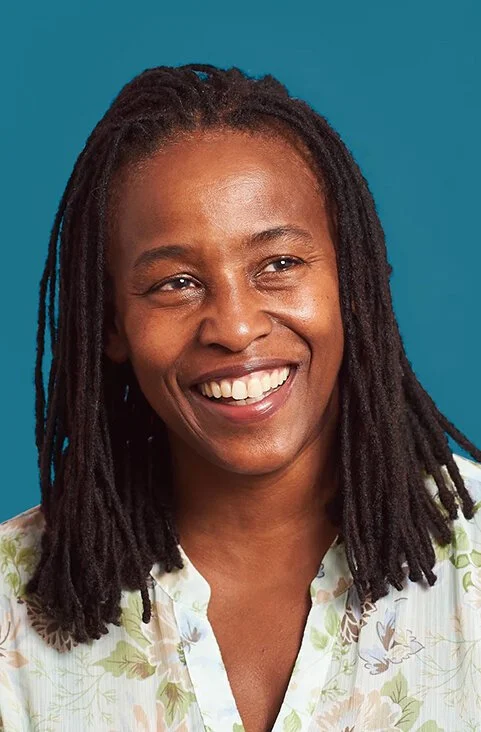
Stephanie Dinkins
Stephanie (she/her/they) is a transmedia artist who creates platforms for dialog about race, gender, aging, and our future histories. Dinkins’ art practice employs emerging technologies, documentary practices, and social collaboration toward equity and community sovereignty. She is particularly driven to work with communities of color to co-create more equitable, values grounded social and technological ecosystems. Dinkins exhibits and publicly advocates for equitable AI internationally. Her work has been generously supported by fellowships, grants, and residencies from United States Artist, The Knight Foundation, Berggruen Institute, Onassis Foundation, Stanford Institute for Human-Centered AI, Creative Capital, Sundance New Frontiers Story Lab, Eyebeam, Data & Society, Pioneer Works, NEW INC, and The Laundromat Project. Dinkins is a professor at Stony Brook University where she holds the Kusama Endowed Professorship in Art.
-
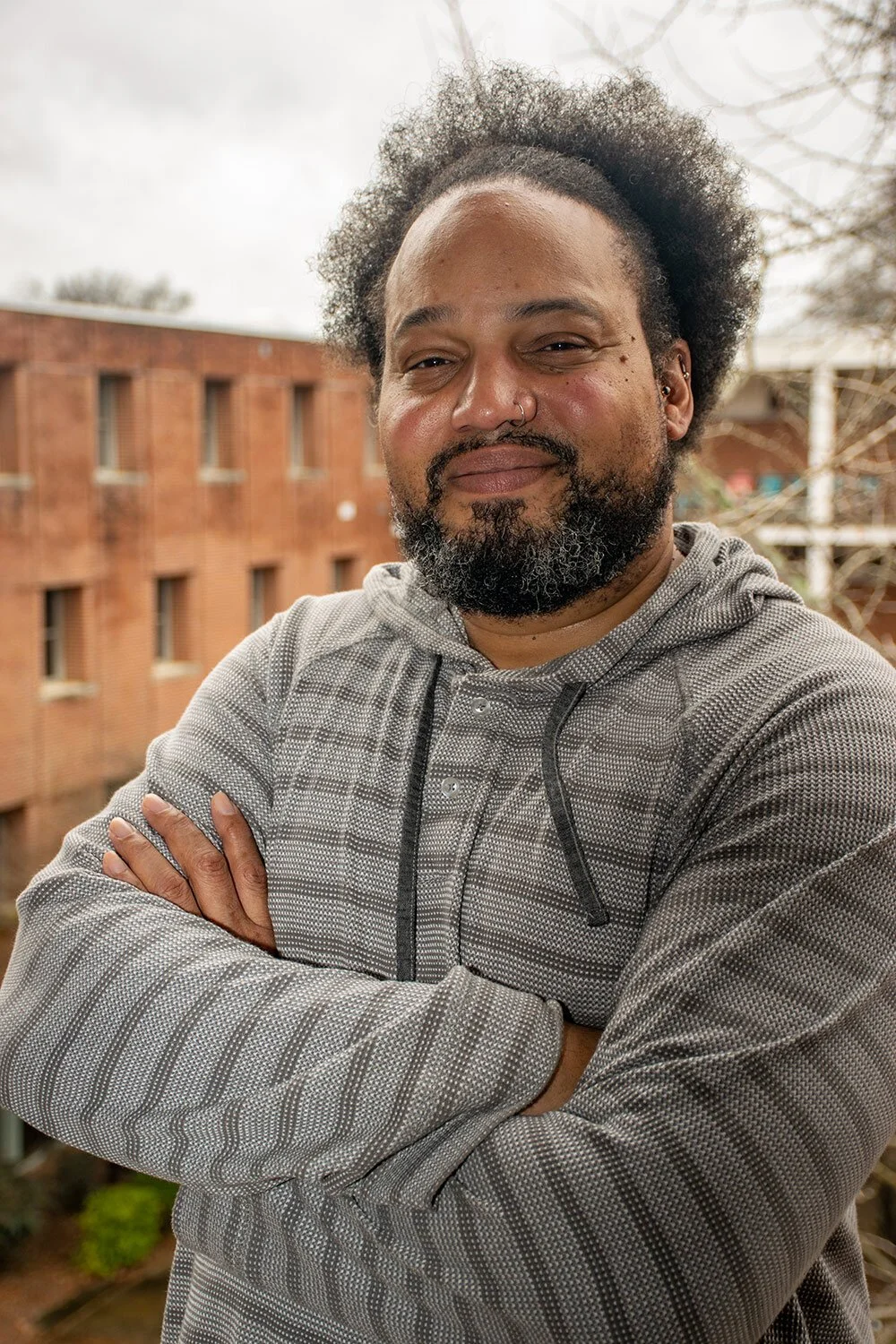
André Brock
André (he/him/his) is an associate professor of media studies at Georgia Tech. He writes on Western technoculture, Black technoculture, and digital media. His scholarship examines Black and white representations in social media, videogames, weblogs, and other digital media. He has also published influential research on digital research methods. His first book, titled Distributed Blackness: African American Cybercultures, was published with NYU Press in 2020 and theorizes Black everyday lives mediated by networked technologies.

DISCO Fellows 2021-2024
-
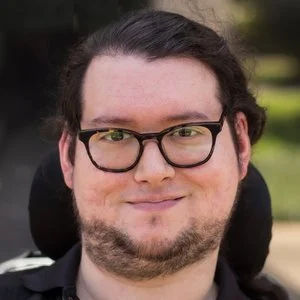
David Adelman
David Adelman (he/him/his) is a postdoctoral research fellow in the Digital Accessible Futures lab at the University of Michigan. His research interests center disability and crip studies, with a particular emphasis on disability media studies, digital disability cultures, disability film studies, and critical sexuality studies. Through an interdisciplinary crip studies/feminist lens, he pursues questions which emerge at the intersection of power, culture, technology, identity, and desire. His recent dissertation, “Ambivalent Pleasures: Pleasure, Desire, Authenticity, and the Production of Value in Online Disability Cultures,” examines how discourses of “desirable disability” manifest in cultural productions and Internet publics. This project traces the circulation and intensification of such discourse in popular culture across a range of audiovisual material, exploring the neoliberal commodification of identity politics that occurs and, concomitantly, is contested, online. He also maintains an artistic practice which centers experimental video and remix as a means to explore disability culture, aesthetics, and politics. For more, visit www.davidadelman.work, and on Twitter: @DavidAdelman90.
-

Coleman Collins
Coleman Collins is an interdisciplinary artist and writer who explores the ways that small, iterative processes can have outsized effects over time. His work often identifies technological developments and relationships of debt and obligation as the modes through which these processes are enacted. He received an MFA from UCLA in 2018, and was a 2017 resident at the Skowhegan School for Painting and Sculpture. In 2019, he participated in the Whitney Museum’s Independent Study Program.
-

Aaron Dial
Aaron Dial earned his PhD from North Carolina State University in the Communication, Rhetoric, and Digital Media (CRDM) program where his expertise is in materialist and digital media studies, digital humanities, Black studies, and cultural studies of technology and race. These areas of expertise inform his research and teaching interests, which, broadly sketched, are affective labor, popular culture, urban spaces and temporal flows, and the nexus between sports and science and technology. Aaron is a big-time sneakerhead with over 30 pairs in his collection. But also, his interests are varied—you can catch him doing anything from bumping the latest music release (he’s learning to DJ!) to watching some dope anime to obsessing over NBA basketball. If you have any questions, just ask – preferably over a nice bourbon.
-

Huan He
Huan He (he/him/his) holds a PhD in American Studies and Ethnicity from the University of Southern California. Most broadly, his research engages Asian/American literature and culture, histories of media and technology, visual culture, digital game studies, and poetics. His book project, currently titled, “The Racial Interface,” explores the racial associations linking Asian/Americans and information technology in the digital era. Drawing from literature, art, and archival sources, this project reveals how myths of racial and technological progress converge in the shadow of U.S. liberal capitalism. He foregrounds minoritarian writers and artists who challenge the dominant technological imaginaries shaping the digital present. He is also interested in the relationship between race, gaming, cheating, and scams and pursuing a second project on these topics. His scholarly writing has been published in College Literature: A Journal of Critical Literary Studies and Media-N and is forthcoming in an anthology on Asian/American game studies. In Fall 2023, he will start as an Assistant Professor of English (Asian American and Asian Diasporic Literature) at Vanderbilt University.
-

Jeff Nagy
Jeff Nagy is a historian of computing whose research focuses on exchanges between computing and the behavioral sciences from World War II to the present. He holds a PhD in Communication from Stanford University, where his dissertation, “Watching Feeling: Emotional Data from Cybernetics to Social Media,” told the story of how emotion was made computable. Other interests include disability in the history of science and technology, the social integration of emerging technologies, and the history and future of computer-mediated labor. His research has appeared in Technology & Culture, New Media & Society, and elsewhere. You can find him online at jeff-nagy.com.
-

Brandi Pettijohn
Dr. Brandi Pettijohn 's scholarship focuses on ethical digital storytelling for cultural sites, creating a framework called Black feminist technopractice. Grounded by Black feminist theory, Black feminist technopractice is an interdisciplinary digital humanities framework for digital storytelling and interactive narratives that deploys what we know as participatory design and speculative design {making with marginalized users in mind, while being expansive in the imagination of what we believe design can do}, combined with art and archival practices {expanding the archive beyond normal institution spaces} while leveraging Black technoculture {examining how Black people make meaning in digital spaces}. Brandy’s research areas include, Black Digital Visual Culture, Black Feminist World Making, and Digital Storytelling.
-

Rianna Walcott
Rianna Walcott (she/her) is an LAHP alumna and PhD candidate at Kings College London researching Black British identity formation in digital spaces. Rianna combines digital work, decolonial studies, arts and culture, and mental health advocacy in her work, with a deep commitment to outreach work and public engagement. She co-founded projectmyopia.com, a website that promotes inclusivity in academia and a decolonized curriculum, and is the UCL writing lab's Scholar-in-Residence for 21-22. Rianna frequently writes about race, feminism, mental health, and arts and culture for publications including The Wellcome Collection, The Metro, The Guardian, The BBC, Vice, and Dazed. Rianna is co-editor of an anthology about BAME mental health - The Colour of Madness (2022), and in the time left over, she moonlights as a professional jazz singer.
On Twitter at @rianna_walcott
-

Kevin Winstead
Before joining the DISCO team, Kevin Winstead was a CLIR Postdoctoral Fellow with the Center for Black Digital Research at Pennsylvania State University. He served as director of communications for the Center during its inaugural year, where he founded DigBLK Studios, the project's streaming, and digital outreach arm. He holds a Ph.D. in American Studies from the University of Maryland and served as the Project Manager for African American History, Culture, and Digital Humanities. His research areas include Social Movements, New Media, Digital Humanities, and Critical Race Theory. He is an Assistant Professor of Critical Media and AI Studies at the University of Florida.
-

Lida Zeitlin-Wu
Lida Zeitlin-Wu is a scholar of media, race, and visual culture whose work explores the rationalization of sensory experience and selfhood under techno-capitalism. She received her PhD in Film & Media from UC Berkeley in 2022. Her book project, Seeing by Numbers, tells the story of how something as subjective and ephemeral as color came to be seen as standardized. Her writing has been published in Camera Obscura, Just Tech, Frames, and elsewhere, and with Carolyn L. Kane, she is the co-editor of Color Protocols: Technologies of Racial Encoding in Chromatic Media (MIT Press, 2024). Other teaching and research interests include food studies and critiques of the wellness industry, particularly as they intersect with culture, race, and technology.

DISCO Staff 2021-2024
-
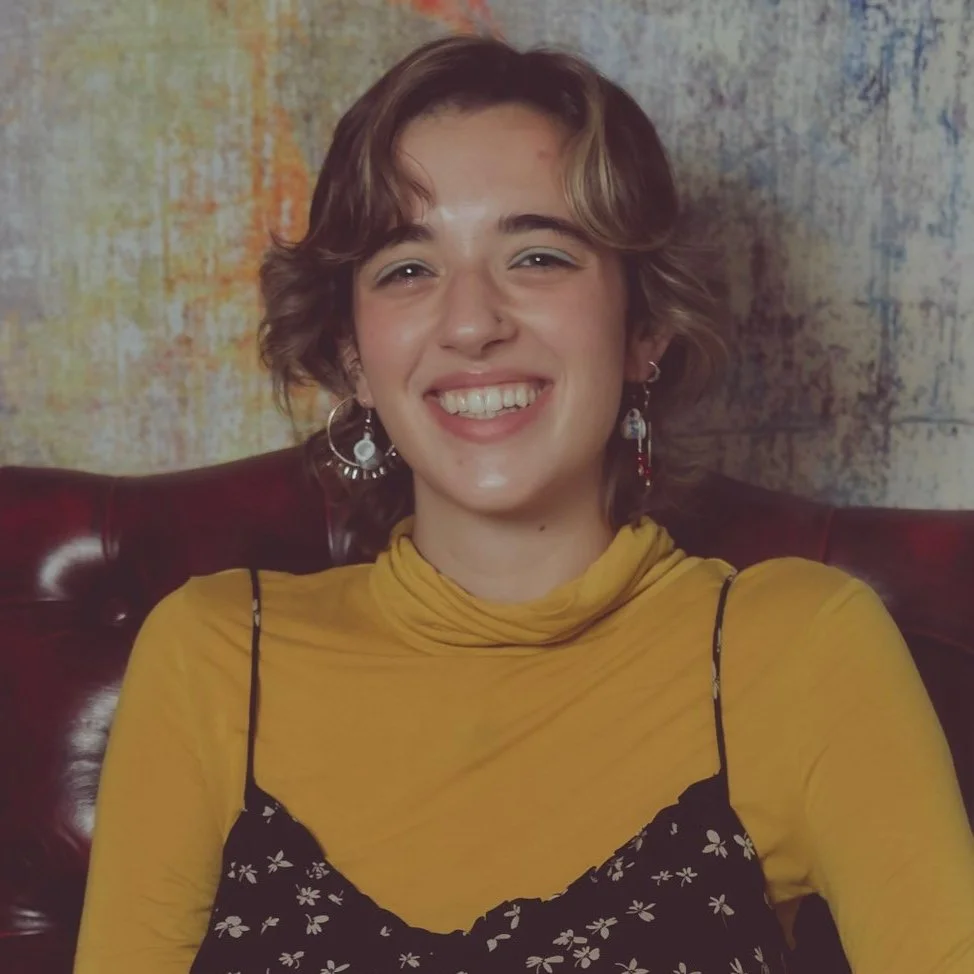
Veronica Thomas
DISCO COMMUNICATIONS COORDINATOR
-
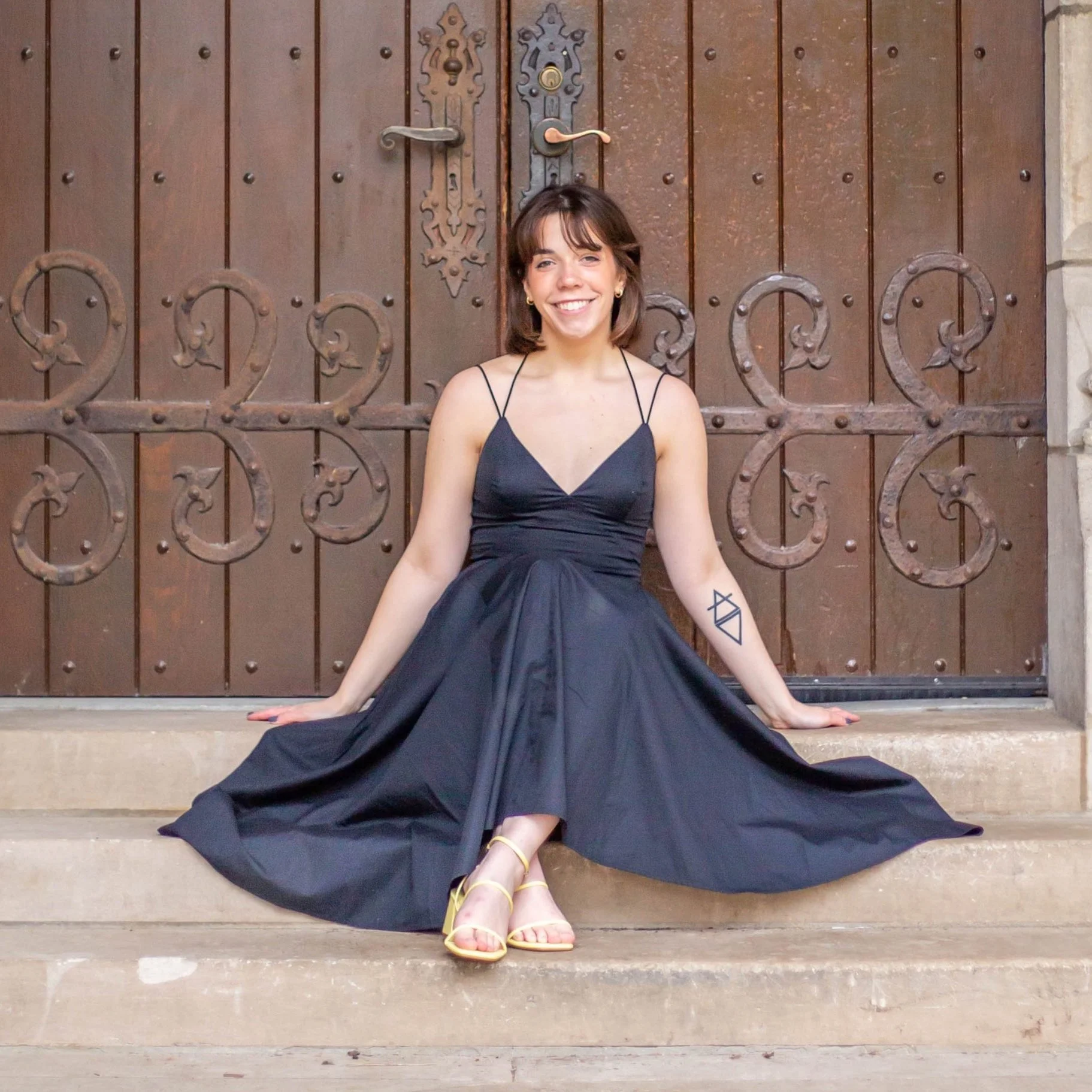
Maddie Agne
DISCO ADMINISTRATIVE ASSISTANT
-

Kristen Waterbury
DISCO PROGRAM MANAGER
-

Evan Hoye
DISCO PROGRAM COORDINATOR
-

Jessica Hill Riggs
DISCO PROGRAM MANAGER
-

Eric Mancini
DISCO PROGRAM ASSISTANT

DISCO Graduate Scholars 2021-2024
2023-2024 Cohort
-
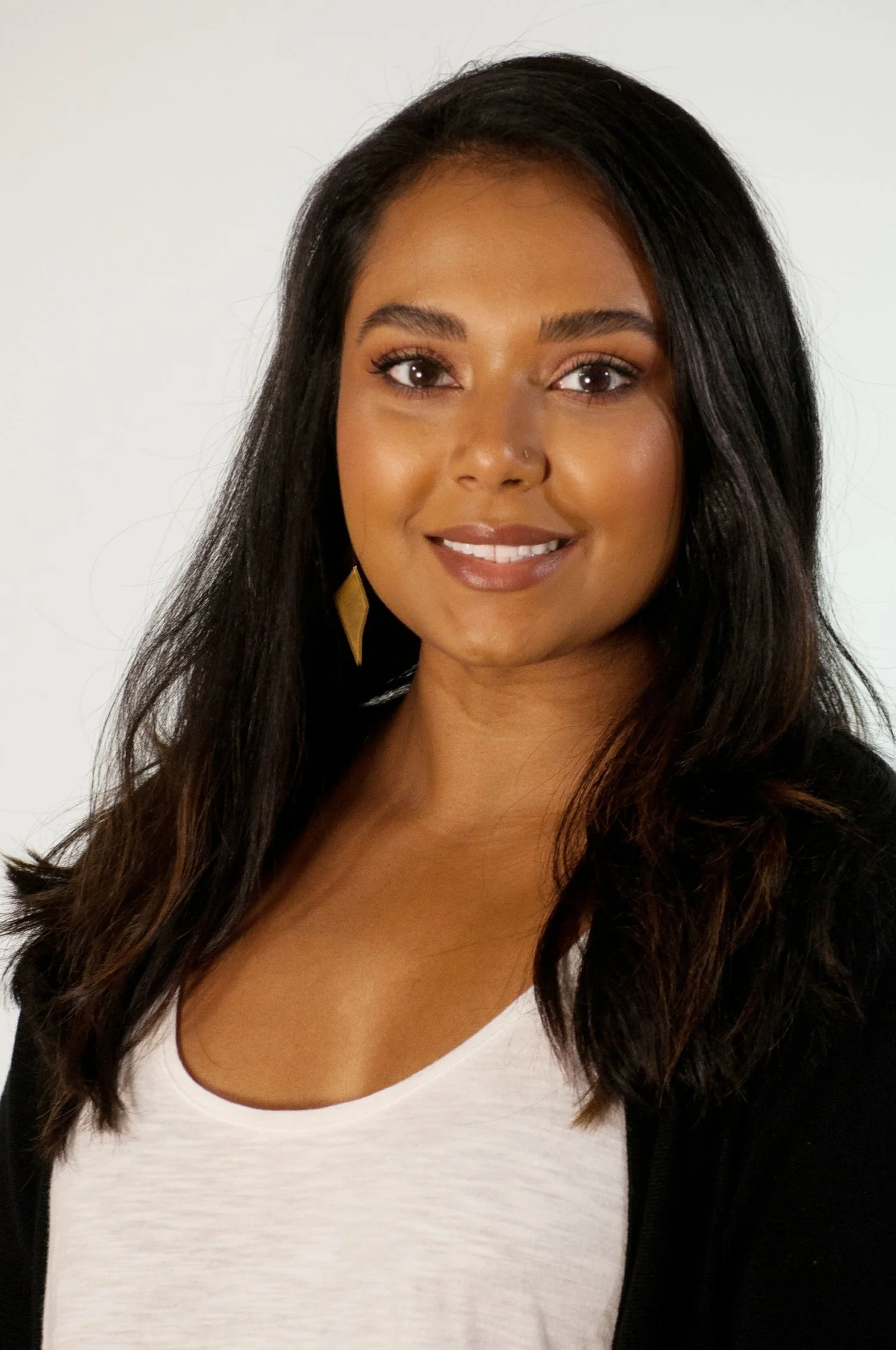
S. Nisa Asgarali-Hoffman
Nisa is a PhD student in Information Studies at the University of Maryland. In her current work, she applies STS and postcolonial theories to frame the social media discourse making meaning of scientific productions of racial identity. She is an interdisciplinary critical scholar whose research interests lie at the intersection of race, technology, art, and Caribbean cultural studies. She also does research on informal learning spaces. Nisa holds an M.S. in Human-Centered Computing from the University of Maryland, Baltimore County, a B.A. in Art Education from Towson University, a B.A. in International Area Studies from Drexel University, and an A.A. in Studio Art from Howard Community College.
-

Jasmine Banks
Jasmine Banks is a Ph.D. candidate in the Department of Psychology and a Center of Racial Justice Graduate Fellow examining the intricacies of Black digital culture. Her research sits at the intersection of race, identity, and culture, focusing on the digital manifestations of African-American traditions, meaning-making processes, and individual and collective identity development. In addition, Jasmine explores the experiences of Black women in online dating. You can connect with her on Twitter, Instagram and on Linkedin.
-

Michelle pruneah Kim
American Studies PhD student at the University of Michigan
Fields of study: Critical Food Studies, Critical Race Theory, Migrant Studies, and Diaspora Studies
-

Hagar Masoud
Hagar Masoud is an interdisciplinary artist, creative technologist, scholar, and storyteller. Her research-based practice incorporates sound art, sculpture, installation, video, and technology such as Artificial intelligence (AI), and extended reality. Masoud investigates questions of gentrification, childhood trauma, and collective memory to reflect on the body and affect. She meditates on the way the body, sexuality, gender, place, trauma, and violence intersect in the aftermath of such horrors. By adopting new media and oral history as methodologies, she re-contextualizes socio-political commentary and cultural transformations.
Photo Credits: Molly Stinchfield
Instagram: @hagarmasoud.studio
FB: Hagar Masoud
-
Tynesha McCullers
Tynesha McCullers is a Provost Fellow and Ph.D. student in the Department of Communication, Rhetoric, and Digital Media at North Carolina State University. As an interdisciplinary critical scholar and Black digital humanist, her research explores the pervasiveness of (anti)Blackness in rhetoric, discourse, and memes. At NCSU, she acts as a docent for the vMLK Project, a multimedia experience featuring a recreation of Dr. King’s “A Creative Protest” speech. McCullers is an editor for the Digital Ethnic Futures Lab and the Digital Humanities & Social Engagement Cluster at Dartmouth College where she also volunteers as a member of the DEFCon Events Committee. Tynesha is a Graduate Fellow of the Black Communication & Technology (BCaT) Lab at the University of Maryland, College Park, where she writes for the blog and serves as a member of the Black Digital Migration collaborative research team. In 2023, she was named an inaugural James Patterson Writer Education Scholar, an honor recognizing her work as a writer-educator dedicated to teaching creative writing and critical literacy. Tynesha holds an M.Ed. in Higher Education & Interdisciplinary Studies from the University of Vermont and a B.S. in Human Development & Family Studies from The University of North Carolina at Greensboro.
-

Elise Nagy
Elise Nagy (she/they) is a PhD Candidate in the Joint Program in English & Women's and Gender Studies at the University of Michigan, and program coordinator for the Digital Accessible Futures lab. Her research interests include visual and literary self-representation, feminist pedagogy, the women's health movement of the 20th Century and ongoing critiques of normative constructions of "health," radical community-based care and health education, and fat politics/fat subjectivities. Her dissertation project explores how undergraduate women's health courses reproduce and resist hegemonic ideologies of health, fat embodiment, gender, race, sexuality, and (dis)ability. Elise has served as a coordinator for U of M's English Graduate Group (EGG) and organized the Disability Studies Rackham Interdisciplinary Workshop at the University of Michigan and the AW Mellon Disability Studies/Disability Activism at the University of Wisconsin-Madison.
-

Pratiksha Thangam Menon
Pratiksha Thangam Menon (prUH-THICK-shAA thUNG-um men-in) is a doctoral candidate in Communication & Media at the University of Michigan. Her dissertation research examines the mainstreaming of supremacist ideas through online humor using a postcolonial, anti-racist and feminist media studies framework. She strongly believes in enacting her praxis through academic service work: she is part of the 2023 Library Diversity Council award-winning team for their work on a staff-oriented anti-racism toolkit, has presented her work on expanding access to the humanities for students belonging to historically underrepresented populations at the 2022 National Humanities Conference, has been active in on-campus labor organizing, and received her department's Graduate Student Diversity Teaching and Service Award in 2023. She is currently a Research Assistant at the Digital Accessible Futures Lab. Her recent public-facing writing can be accessed here. You can connect with her on Linkedin.
-

Ria Rajan
Ria Rajan is an Intermedia artist working across analog and digital mediums, focussing on the intimate relationships between people, places and the technosphere. Her work deals with ideas related to movement, space and time, through intangible, ephemeral and transient experiences –- IRL and online – through performance, audio visual explorations, imagemaking, locative + lens based media, and video art. At present, her practice is centered around ideas of embodiment, personhood, inner mappings and ontological modes of artistic production. Ria has been a fellow and artist - in - residence at the International Residency Exchange Program - Bamboo Curtain Studio, (Taipei), TIFA Working Studios (IN), Walkin Studios (IN), Jaaga, Figment (NY), Art-A-HACK (NY) and has been supported by cultural institutions such as the Goethe Institute and Alliance Francaise. She is also a part of the core creative team that organises Cyberia - a new media festival in Poona (IN), since it’s inception in 2019. Currently, she is pursuing an MFA in Studio Art at Stony Brook University, NY and is a Research Assistant at the Future Histories Studios. Go to rrad.studio to learn more.
-

Jessica Rucker
Jessica A. Rucker (she/her) is a doctoral student in the Department of American Studies at the University of Maryland, College Park where she is studying Black radicalisms and Black liberatory and Black self-determination rhetoric. Jessica was a 2023 summer Tenant Organizing Fellow with DC Jobs with Justice and a 2022-2023 Prentiss Charney Fellow. She has hosted several Zinn Education Project Teach the Black Freedom Struggle online classes — on SNCC, the history of Juneteenth, and the Civil Rights Movement before the Civil War, and was a participant in the 2018 National Endowment for the Humanities Summer Teacher Institute at Duke University where she learned the “bottom-up history” of the Civil Rights Movement by a team of movement veterans, community leaders, and scholars. Prior to Jessica’s graduate work, she was a high school teacher in Washington, DC, and taught various courses that focused on African American history and culture. Jessica is committed to public humanities scholarship and was based at The Black Communication and Technology (BCaT) Lab at the University of Maryland, College Park.
-

David Tortolini
David Tortolini is an Argentinian-African American doctoral student studying in the American Studies Department at Purdue University. His research examines how flavor reinforces colonial and imperialistic frames of thought within the coffee industry. His work also analyzes how coffee roasters utilize flavor within digital platforms and spaces to sell their products to consumers.
2022-2023 Cohort
-

S. Nisa Asgarali-Hoffman
Nisa is a PhD student in Information Studies at the University of Maryland. In her current work, she applies STS and postcolonial theories to frame the social media discourse making meaning of scientific productions of racial identity. She is an interdisciplinary critical scholar whose research interests lie at the intersection of race, technology, art, and Caribbean cultural studies. She also does research on informal learning spaces. Nisa holds an M.S. in Human-Centered Computing from the University of Maryland, Baltimore County, a B.A. in Art Education from Towson University, a B.A. in International Area Studies from Drexel University, and an A.A. in Studio Art from Howard Community College.
-

Jasmine Ehrhardt
Jasmine Ehrhardt (they/them) is a PhD candidate in the American Culture Department with a certificate in Digital Studies at the University of Michigan, Ann Arbor. Their research looks at the digital sector of the prison-industrial complex, asking how and to what end private digital technology companies help normalize and facilitate the everyday conditions of carceral violence in the US. They are a member of the DISCO Network and of the Digital Inequality Lab at UMich Ann Arbor.
-
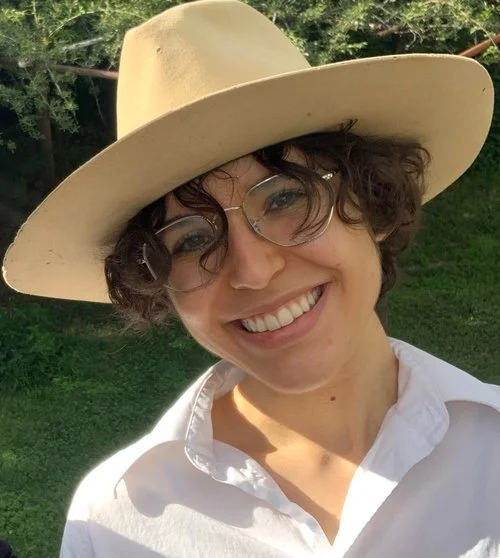
Raquel Escobar
Raquel Escobar (they/them) is a former PhD student in the Joint Program in English and Women’s and Gender Studies at the University of Michigan. Their research interests include Feminist Disability Studies, queer crip time, Comics Studies, biodata and digital health tools, and speculative embodiment. They have experience as a Graduate Student Instructor in Women’s and Gender Studies, a Program Assistant and Workshop Facilitator for the Engelhardt Social Justice Fellowship, and a Research Assistant to Dr. Petra Kuppers. Their involvement in the collaborative research project, Dancing and Writing Disability Differently: Non-Realist Embodiment and the Speculative Imagination, led by Dr. Petra Kuppers and Charli Brissey, intertwined with their work as a member of the Digital Accessible Futures Lab.
-
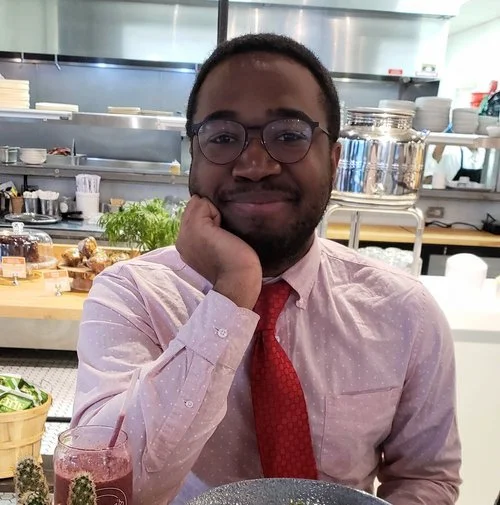
Kyle Lindsey
Kyle Lindsey is a Ph.D. candidate in American Culture with a certificate in Digital Studies from the University of Michigan, Ann Arbor. His research explores how black women and queer content creators buffer both bad faith and violent engagements online to produce viable intellectual and intimate digital communities. In studying this latest generation of cultural producers, he hopes to both explore the state of digital criticism and mark this moment as the latest in a genealogy of black cultural criticism. Lindsey is the co-author of Racist Zoombombing (2021), a monograph co-authored with Lisa Nakamura and Hanah Stiverson and serves as Co-coordinator of the Digital Inequality Lab. Lindsey was a Mellon Mays Undergraduate Fellow at Grinnell College, where he received his B.A. in Gender, Women’s, and Sexuality Studies.
-

Melvin Earl Villaver, Jr.
Melvin Earl Villaver, Jr. was born on April 29, 1992, the day that the Rodney King – Los Angeles Riots began, to Filipino immigrants in Los Angeles, CA. Outside of his academic work, he is a musician and songwriter. After high school, Melvin went on to attend and graduate from the University of Southern California where he earned his bachelor's degree in American Studies and Ethnicity with a minor in Music Industry. Presently, Melvin is a Ph.D. Candidate in American Studies at Purdue University. Melvin’s research focuses on the intersections of music, history, race, culture, (dis)ability and politics. He is pursuing a biographical case study of the Godino Twins: conjoined, Filipino, migrant jazz musicians who toured across the United States in the 1920’s and 30’s. His focus is to answer the following question: How does American imperial ambition over the Philippines affect music making and Filipino racialization? Melvin’s ultimate goal is to write a biography about the Godino Twins, preserving their legacy while cementing the early twentieth century contributions of Filipino musicians to the American musical canon. In the future, Melvin aims to become a professor of Asian American and African American Studies, while continuing to practice his musicianship, and serve underrepresented students in higher education.
-

Diana Mulan Zhu
Diana Mulan Zhu is a second-generation Chinese-American artist, visual activist, filmmaker, technologist, and scholar living with bipolar disorder who seeks to understand shame, the body, sanity, and the digital gaze through painting, video art, performance, and installation. She reclaims agency by making art as a “queer, psycho, Asian, slut” in order to offer socio-political commentary on gender, disability, race, and gender. She grew up in the Pacific Northwest and studied computer science and studio art at Vanderbilt University. She holds a MA in Media, Culture, and Communication from NYU, where she wrote her thesis on how cyber sexual assault and cable television can mediate each other as virtual violence. She also has over a decade of professional experience working as a technologist at tech and media powerhouses like Microsoft, Intel, NBCUniversal, and Viacom. Diana Mulan Zhu is currently pursuing her MFA in Art at SUNY Stony Brook University. In her practice, she draws on motifs of the diary, fairy tales, pornography, and social media to critique the violation and fetishization of the mentally ill Asian woman’s body.
2021-2022 Cohort
-
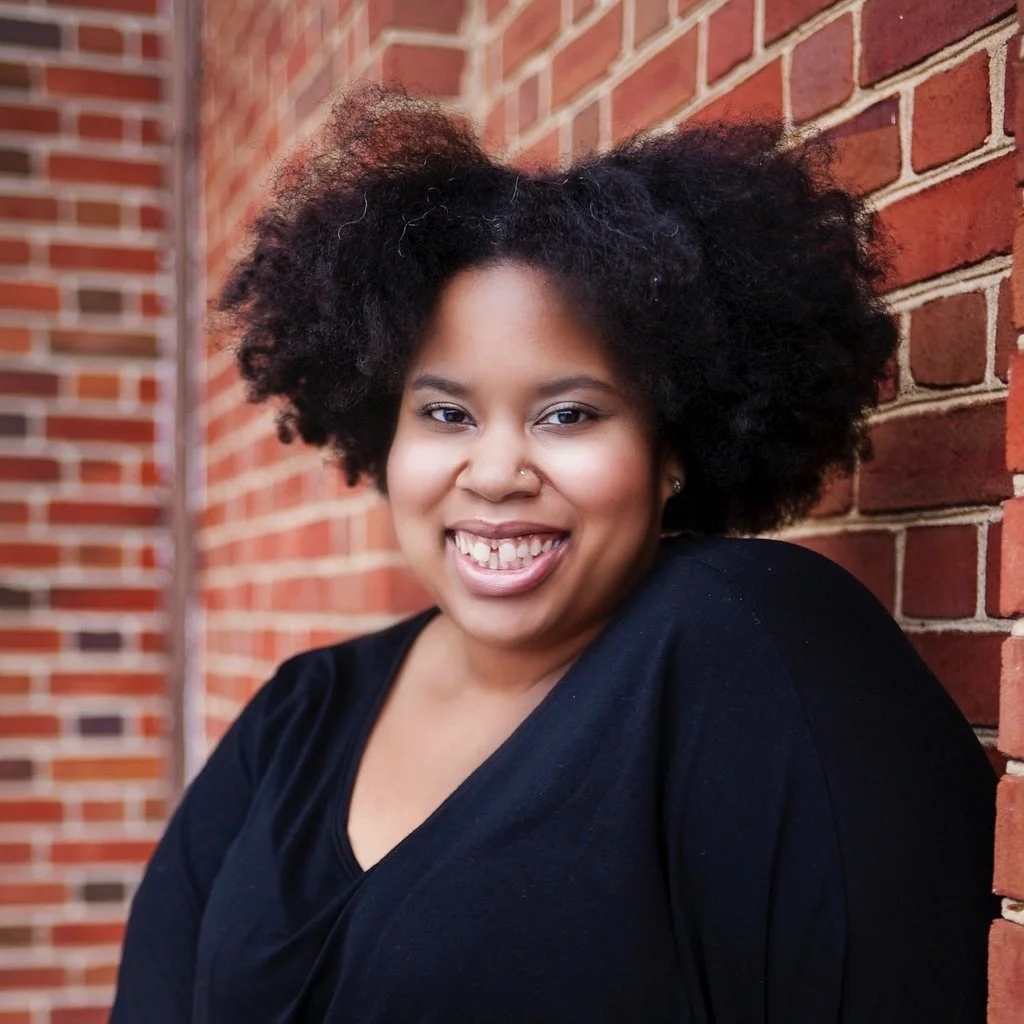
Brienne Adams
Brienne A. Adams is a Black Digital Studies scholar, researcher, and candidate at the University of Maryland, College Park in American Studies. She holds certificates in Digital Studies in the Arts and Humanities as well as Women, Gender, and Sexuality Studies and an MA in African American Studies from the University of California, Los Angeles. Her work utilizes Black feminisms, queer, and affect theories as centering frameworks to study the intimate world building and meaning making fans create from Black popular culture productions on social media platforms. She was an AADHum (African American History, Culture, and Digital Humanities) Scholar at the University of Maryland, College Park, an invited participant to the Understanding Digital Culture: Humanist Lens for Internet Research institute at the University of Florida, the Future of American Studies institute at Dartmouth College, and Digital IDEAS: A Summer Institute for Anti-Racist Critical Digital Studies from the DISCO (Digital Inquiry, Speculation, Critique, and Optimism) Network at the University of Michigan. She has presented at ASA, SCMS, the Fan Studies Network North America Conference, the DC Queer Studies Conference, and moderated a panel at NWSA. She has a forthcoming publication in a special edition of Digital Humanities Quarterly on Black Digital Humanities. Follow her on Twitter at @amethystpen7 where she tweets about her fandoms, relationships, feelings, and Digital Studies!
-
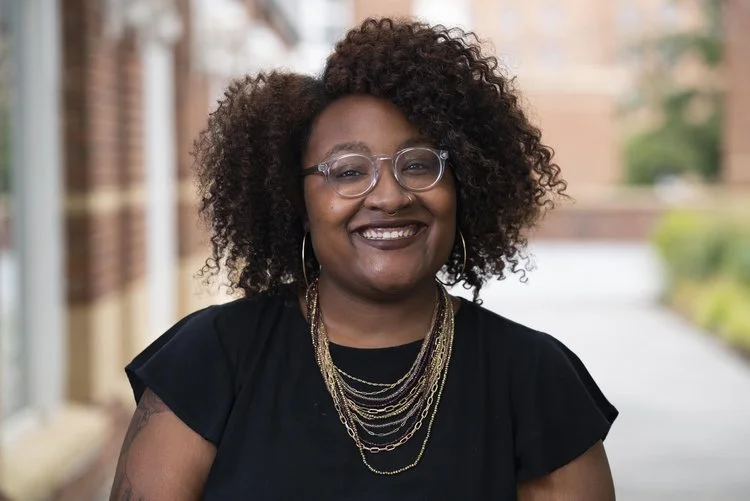
Briana Barner
Dr. Briana Barner is a President’s Postdoctoral Fellow in the Department of Communication at the University of Maryland. She received a doctorate in Radio-Television-Film and a doctoral portfolio in Women’s and Gender Studies from the University of Texas. Briana also earned a Master’s in Women’s and Gender Studies from UT. She is an interdisciplinary critical and cultural communications scholar with research interests in Black podcasts, digital and Black feminism, digital media, social media as a tool for social justice and activism and the representation of marginalized people, specifically Black girls and women, in popular culture and media. Briana is currently at work on several projects, including journal articles and a book manuscript about the cultural production of Black podcasts. Briana is a proud native of the Southside of Chicago and alumna of Bennett College, a small women’s HBCU in Greensboro, NC.
-

Casidy Campbell
Casidy Campbell is a PhD candidate in the Department of American Culture with certificates in Women and Gender Studies and Digital Studies at the University of Michigan Ann Arbor. Her research is focused on fullness of black girls’ personhood and seeks to understand how black girls use the same digital technologies that often efface them to assert their quotidian perspectives. She is a 2021 Community of Scholars Fellow at the Institute of Research on Women and Gender, a DISCO (Digital Inquiry, Speculation, Collaboration, and Optimism) Network Graduate Scholar, and current member of the Digital Inequality Lab. She formerly chaired the African American Caucus and was a co-founder of the Black Research Roundtable. Campbell was a Mellon Mays Undergraduate Fellow at Emory University where she completed her B.A. in African American Studies and Sociology. Follow Casidy on Twitter.
-

Jasmine Ehrhardt
Jasmine Ehrhardt (they/them) is a PhD candidate in the American Culture Department with a certificate in Digital Studies at the University of Michigan, Ann Arbor. Their research looks at the digital sector of the prison-industrial complex, asking how and to what end private digital technology companies help normalize and facilitate the everyday conditions of carceral violence in the US. They are a member of the DISCO Network and of the Digital Inequality Lab at UMich Ann Arbor.
-

Judy Fisher
Judy Fisher is a citizen of the Choctaw nation of Oklahoma and a current PhD student in American Studies at Purdue University. Graduating from Colorado College in 2020 with a B.A. in Feminist and Gender Studies, her work has focused on bridging her feminist training with interests in Native American and Indigenous studies, particularly transnational representations of Native American people. Her current research considers the connections between German Indianthusiasm (love for all things “Indian”) and German settler colonialism in German Southwest Africa (DSWA), what is now known as Namibia. She seeks to provide a transnational and Indigenous feminist approach to interrogations of global Indigenous representations and settler colonialisms.
-
Janelle Grant
Janelle Grant (she/hers), originally from Southfield, Michigan, is a PhD Candidate in Curriculum Studies at Purdue University in the College of Education. Her research interests include understanding technologies, practices, and policies as mechanisms of racializing surveillance in schools. At Purdue, Janelle teaches multicultural education to pre-service teachers and is part of research labs focusing on various social contexts of education, such as undergraduate engineering teams, Black women’s experiences in higher education, and Black student experiences in K-12 schools. In addition, Janelle studies how the politics of surveillance shape and teach cultural identity using critical qualitative methodologies to center Black student experiences. Janelle also has experience teaching middle school English literature in Strasbourg, France. Follow Janelle on Twitter: @JanelleGrant2.
-

Sarah Hughes
Sarah Hughes is a PhD candidate in the Joint Program in English & Education at the University of Michigan. In addition to being a member of the Digital Accessible Futures Lab, she is a Graduate Student Research Assistant with the English Department Writing Program and a Sweetland Digital Rhetoric Collaborative Fellow. She has taught Developmental, First-Year, and Upper-Level Writing courses at U-M and various community colleges and universities in Ann Arbor and Chicago. Her research interests center digital rhetoric, gender and discourse, and gaming studies, and her dissertation project explores how women use multimodal discourse—grammatically, narratively, and visually—to navigate online gaming ecologies.
-

L. Cynthia Lao
English Literature PhD Student at the University of Michigan
-

Parker Miles
Parker Alexander Miles is a PhD student at the University of Michigan School of Education. A native Virginian, he is sad and cold here. His research interests include theories of the posthuman and Black kids' digital literacies. In his "spare" time, he binges Science Fiction and Fantasy literature, contributes to the Afrofuturist STEM game "SpaceBox", croons bops at any karaoke available, and bass fishes any body of water he can. He tweets too often and mediocrely @ChefboyarP.
-

Austin Peete
Austin Peete is a creative technologist and experience designer. Graduating from Brown University with an A.B. in Visual Arts, his practice involves building interactive art that explores boundaries between genre and identity. As a current student of Georgia Tech's MS-HCI program, he explores the intersections of interaction design and storytelling across audio and visual mediums. Through InnoSo International, Austin's creative agency, he and his team build objects, experiences, and strategies that help organizations curate a presence through applied art and design practices. See his portfolio here.
-

Ariel Smith
Ariel D. Smith, M.Ed is the founder of The Food Truck Scholar and the host of its podcast of the same name. Ariel is also the author of Before You Launch A Food Truck: 8 Questions Every Aspiring Food Trucker Should Ask. Named a culinary trailblazer by TimeOut Magazine, Ariel is currently a PhD Candidate in American Studies at Purdue University, where her research examines the role of the food truck industry in American Culture and African American entrepreneurs’ experiences and involvement in the mobile food industry specifically. Since the launch of the brand and podcast in June 2018 and March 2019 respectively, Ariel has traveled across the United States and internationally meeting food truckers, served as an expert panelist and contributor, presented at institutions, summits, conferences, and expos regarding the expansion of the food truck industry and its people that we have come to know and love. Ariel’s main mission through The Food Truck Scholar is to amplify food truck stories that are often unheard, educate on current trends, and inspire anyone to pursue their passions- whether food truck related or not.
Purchase Ariel's book, How to Launch a Food Truck.
-
Josie Williams
Josie Williams is an afro-nowist, creative technologist, and founder of Algorithmic Equity, an interactive digital platform that empowers any New Yorker to report, record, or respond to law enforcement behavior. She has presented her research on bias in chronic kidney disease prediction modeling at NeurIPS's Fair Health in ML workshop in Vancouver and NYC Media Lab’s Summit in 2019. In 2020, she participated in Afrotectopia’s Imagineer Fellowship and joined the NEW INC Creative Science track. She is also the Black Public Media NCU 2021 Fellow which supports her project, Ancestral Archives, a collection of chatbots modeled after historically-significant BIPOC leaders. Currently, she is an MFA at Stony Brook University where she is also participating in a research fellowship with Stephanie Dinkins at the Future Histories Studio. Her primary interests revolve around artificial intelligence, data equity, cultivating Black radical imagination, and creating sentient-centered AI.
-

Diana Mulan Zhu
Diana Mulan Zhu is a second-generation Chinese-American artist, visual activist, filmmaker, technologist, and scholar living with bipolar disorder who seeks to understand shame, the body, sanity, and the digital gaze through painting, video art, performance, and installation. She reclaims agency by making art as a “queer, psycho, Asian, slut” in order to offer socio-political commentary on gender, disability, race, and gender. She grew up in the Pacific Northwest and studied computer science and studio art at Vanderbilt University. She holds a MA in Media, Culture, and Communication from NYU, where she wrote her thesis on how cyber sexual assault and cable television can mediate each other as virtual violence. She also has over a decade of professional experience working as a technologist at tech and media powerhouses like Microsoft, Intel, NBCUniversal, and Viacom. Diana Mulan Zhu is currently pursuing her MFA in Art at SUNY Stony Brook University. In her practice, she draws on motifs of the diary, fairy tales, pornography, and social media to critique the violation and fetishization of the mentally ill Asian woman’s body.

DISCO Advisory Board 2021-2024
-

Adam J. Banks
A committed teacher, midnight believer, and a Slow Jam in a Hip Hop World, Adam Banks is Professor and Faculty Director of the Program in Writing and Rhetoric and the Institute for Diversity in the Arts at Stanford University. He also serves as an affiliate faculty member of the programs in African and African American Studies and Science, Technology and Society.
-
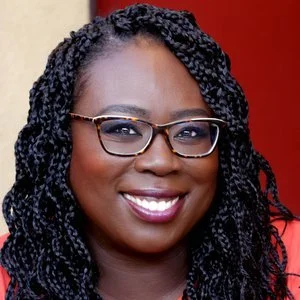
Andreen Soley
Andreen Soley is director of the Public Interest Technology (PIT) University Network at New America. In 2018, Soley joined New America after twenty years of experience working within higher education and the nonprofit sector. She has a master’s in media ecology from New York University and wants to help technologists transform the world for the better.
-
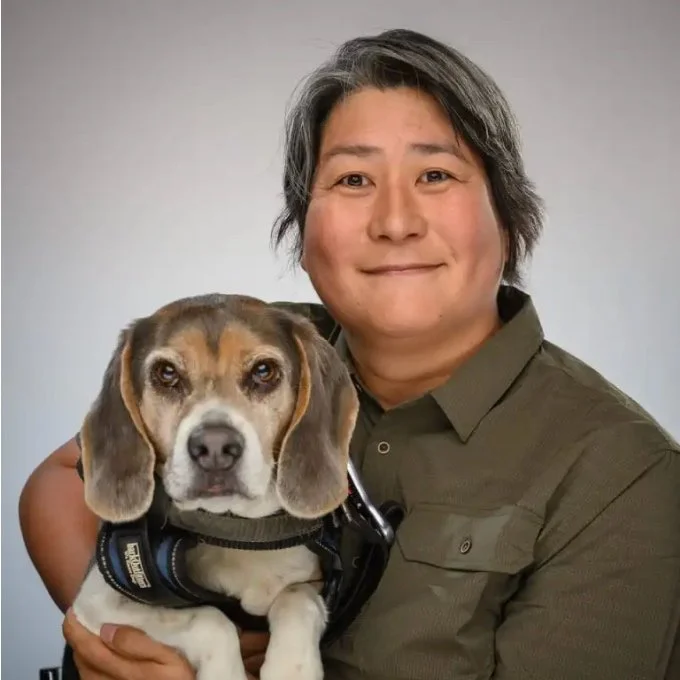
Karen Nakamura
Karen Nakamura is cultural and visual anthropologist who researches disability in contemporary Japan and the United States at the University of California, Berkeley. She currently runs the UC Berkeley Disability Lab and the Othering and Belonging Institute's Disability Studies research cluster.
-

Jasmine McNealy
Associate Professor of Telecommunication at the University of Florida, where she teaches courses on regulation and policy. Jasmine researches media, technology, and law with an emphasis on privacy, surveillance and data governance. She is also the Associate Director of the Marion B. Brechner First Amendment Project at UF, and a Faculty Associate at Harvard University’s Berkman Klein Center for Internet & Society.
-
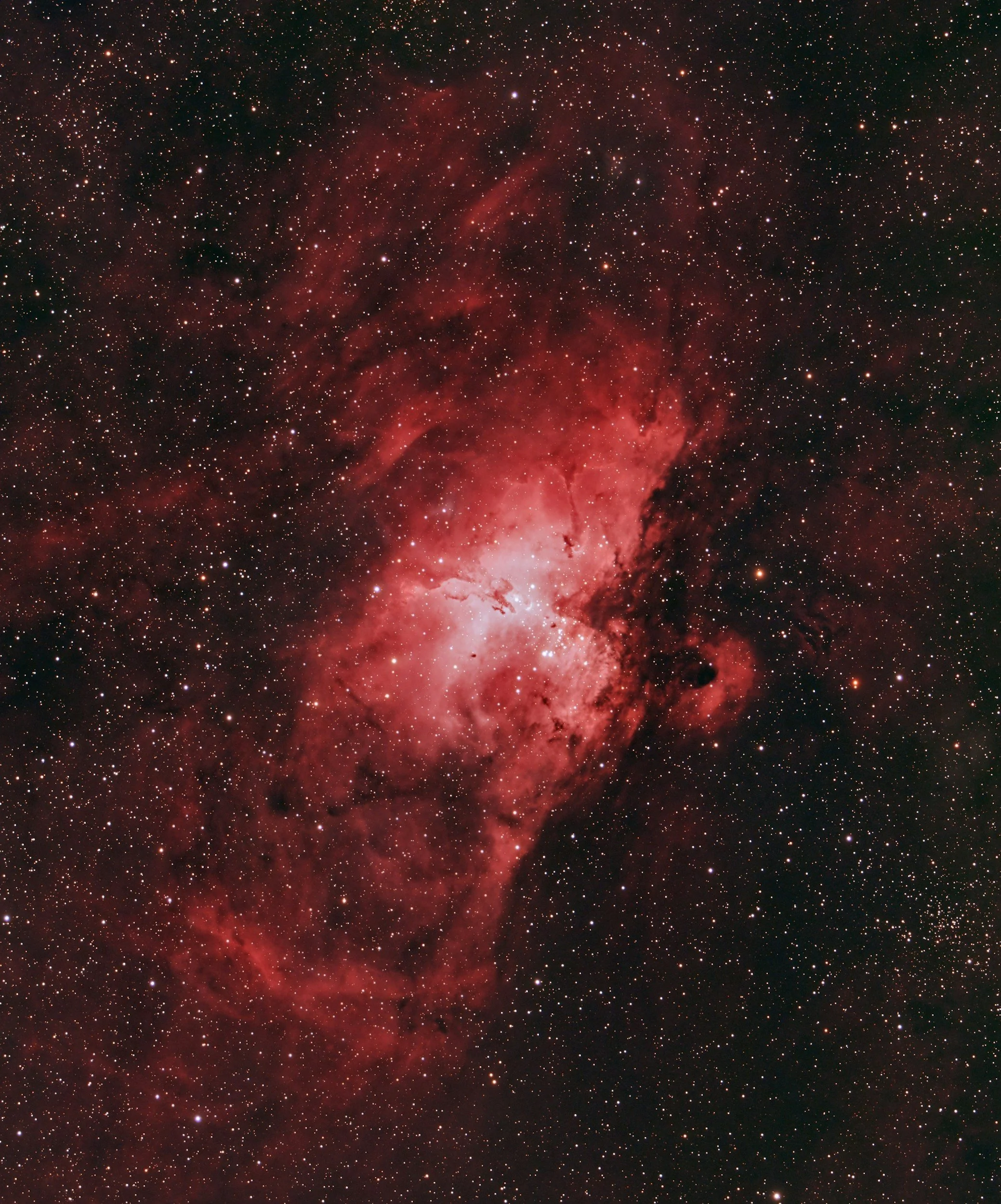
Chris Gilliard
Dr. Chris Gilliard is a writer, professor and speaker. His scholarship concentrates on digital privacy, surveillance, and the intersections of race, class, and technology. He is an advocate for critical and equity-focused approaches to tech in education. His ideas have been featured in The New York Times, The Washington Post, Wired Magazine, The Chronicle of Higher Ed, and Vice Magazine. He is a Harvard Kennedy School Shorenstein Center Visiting Research Fellow, a member of the UCLA Center for Critical Internet Inquiry Scholars Council, and a member of the Surveillance Technology Oversight Project community advisory board.

DISCO Affiliates 2023-2024
-
Anuli Akanegbu
New York University
Research Interests: American South, Black Geographies, Ethnographic Methods, Identity, Labor and Work
-
Dev K. Bose
University of California, Santa Cruz
Research interests: writing program administration; disability studies; multimodal composition; business and technical writing; cultural rhetorics; qualitative research methods
-
Oliver Banner
University of Washington, Director of Strategy and Operations, CREATE Center
Research Interests: Disability, Race, and Technology; Histories of disability and race as they intersect with histories of technology/activism; Theories of radical accessibility
-
Lydia X.Z. Brown
Georgetown University
Research Interests: algorithmic harm, critical disability studies, surveillance and carcerality, eugenics
-
Emily (Em) Doffing
California State University, Long Beach
Research Interests: Participatory action research, underrepresented college students, higher education, activism, and popular culture
-
Jina DuVernay
Gwinnett County Public Library
Research Interests: History and community in Black literature, Black Librarians and Archivists, Black joy
-
Yvonne M. Eadon
Center for Information, Technology, & Public Life (CITAP) at UNC-Chapel Hill
Research Interests: conspiracy theories, gender & sexuality, TikTok subcultures
-
Val Elefante
Research Interests: Feminist and queer theory, Participatory & democratic governance, Co-design/Design Justice, Community-driven content moderation and AI, the Decentralized Web
-
Wilfredo Flores
The University of North Carolina at Charlotte
Research Interests: Science and Technology Studies, Rhetoric of Health and Medicine, Settler Colonial Studies, Infrastructure Studies, Digital Studies
-
Timotheus “T.J.” Gordon Jr.
Institute on Disability and Human Development at the University of Illinois Chicago
Research Interests: Disability Identity and Blackness; Sexual and Gender identity pride/education for disabled people; Inclusion in Higher Education; Inclusion in Sports, Art, Entertainment, and E-Sports; Using Writing, Multimedia and Social Media to Tell Advocacy/Disability Pride Stories
-
Sharonna Pearl
Drexel University
Research interests: AI ethics, technology ethics, health humanities, surveillance studies, genetic testing
-
Kimberly Hassel
Department of East Asian Studies, University of Arizona
Research Interests: youth culture; digital anthropology; digital culture; Afro-Japanese encounters; contemporary Japan
-
Petra Molnar
Berkman Klein Center for Internet and Society, Harvard University; Refugee Law Lab, York University
Research Interests: migration and surveillance technologies; international human rights law; border technologies and governance
-
Maurika Smutherman
North Carolina State University
Research Interests: Digital Media, Black Feminism, Critical Making, Materiality
